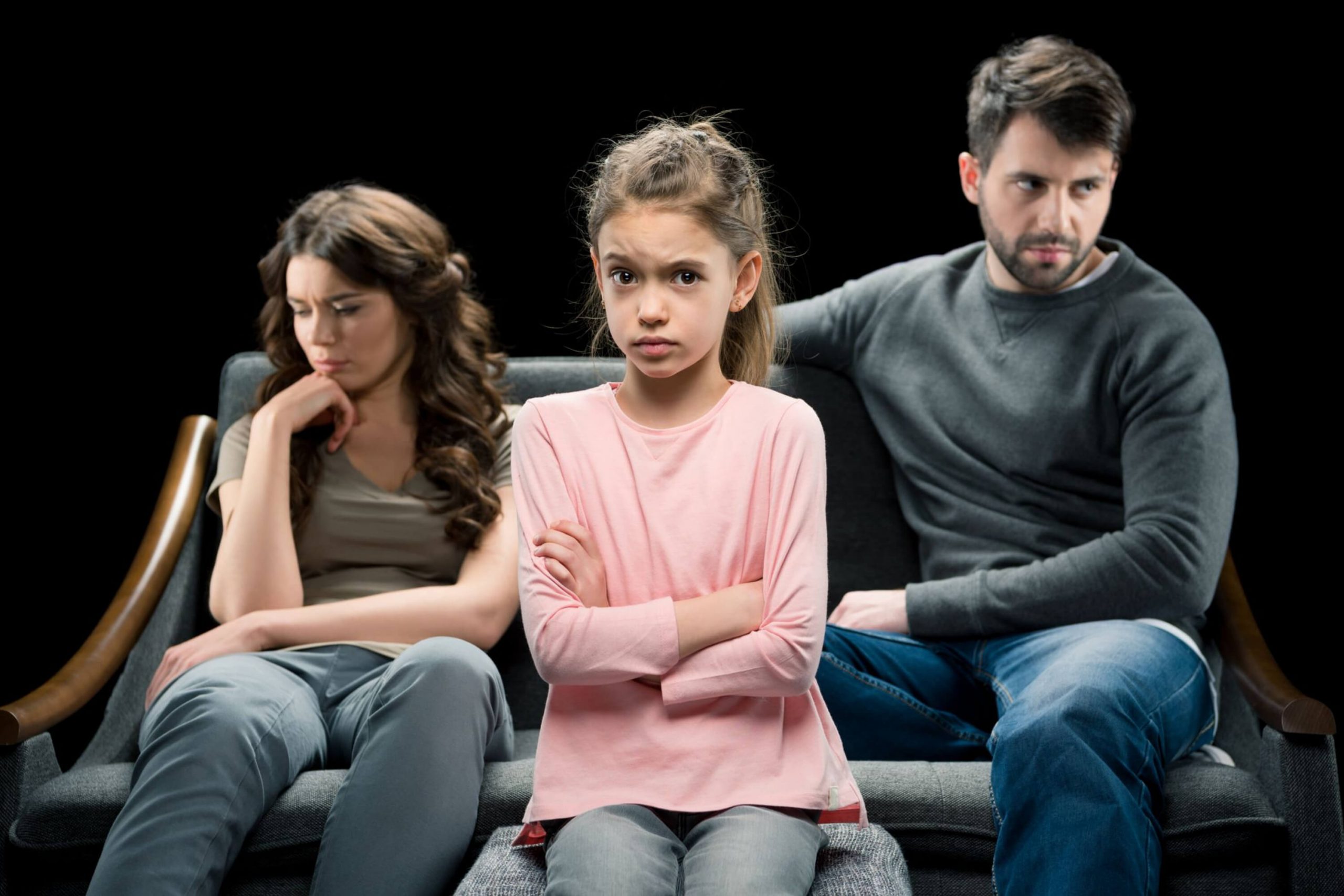No one wants to get into a car crash, but it happens. The trauma isn’t purely physical. A car accident has a deep effect on the human mind. It can lead to withdrawal, isolation, feelings of hopelessness, and even suicidal thoughts. The psychological effects can be as damaging as the physical ones.
There are often ramifications, such as post-traumatic stress disorder. It’s normal to feel afraid during and after such a traumatic experience. However, if you experience very strong feelings of anxiety, guilt, shame, or anger, you might have PTSD.
For Some People, The Overwhelming Feelings Don’t Go Away
Needless to say, a traumatic experience, like a road traffic accident, is very distressing to those involved. The emotional reactions can be confusing and frightening even. It’s common to experience feelings of sadness, helplessness, numbness, and fear if you were badly injured.
You may experience some or all of these emotional reactions at different times. Some feelings burst onto the scene and disappear just as quickly. Others stay with you for a long time and get in the way of your life. Unexpected, long-lasting trauma caused by other people is associated with PTSD.
If the car crash has had a great effect on you, you re-experience the traumatic event long after its’ over. You have nightmares related to the car accident and flashbacks. It’s like being in a vortex that pulls you back into the past. You feel as if the original event is about to happen again.
It’s a dissociative symptom as you’re disconnected from reality. If the intrusive emotions don’t subside after some time, this is an unresolved PTSD. Therapy with a mental health professional can help cope with the emotional toll.

Warning Signs That Might Indicate You Have PTSD
The symptoms of PTSD can change with time, which is why it’s important to recognize the early warning signs that may indicate that your condition is getting worse. Early intervention is the best defense against worsening mental health.
If you’ve been involved in a serious car crash and you’ve been struggling with negative symptoms ever since don’t wait any longer and seek professional help.
Changes In Behaviour or Personality
There are some events in life that have a strong impact on you. After the car crash, your behaviour changes, and you become erratic.
You shut yourself away from the world. You get to the point where you stop talking to others. Fear comes out of nowhere, your heart races, and you can’t control yourself. You can’t tell, but people around you can notice what’s going on.

Trouble Sleeping
Anxiety causes your thoughts to race, which can make it hard, if not impossible, to sleep. Conversely, you can sleep too long. Spending too much time in bed is associated with a great many health problems.
Sleep issues interfere with the brain’s ability to process memories and emotions, which slows down the recovery process. Some people resort to alcohol and other substances to get a better night’s rest. Far from helping, they make PTSD worse.

Using Unhelpful Coping Mechanisms
It’s easier to pick up unhealthy coping mechanisms – you do it automatically. Besides excessive drug and alcohol use, you might struggle with impulsive spending. You buy first and think later. Before you know it, you end up in serious financial trouble.
To suppress or soothe negative emotions, you eat more than what it’s needed for your body. Food makes you feel better. It fills emotional needs, not your stomach. Or maybe you’re undereating. Anything under the recommended guidance can lead to sickness.

How Can You Help Yourself If You Have PTSD
It’s crucial to see a mental health expert right away if you’re suffering from PTSD caused by a car crash. Don’t let your mental state deteriorate. Letting your feelings show isn’t a sign of weakness. It’s quite the opposite. Talk about what happened, even if it upsets you.
This is the only way to come to terms with it. Allow yourself to feel fully. Your family and friends might be experiencing similar emotions, so it’s worth reaching out to them. Focus on things that keep you busy, but don’t act as if the accident never happened. Your memories won’t go away any time soon, but you’ll be able to get back to a normal life.
Extreme feelings cause long-lasting or permanent negative effects. If you can prove that to the court, you can recover compensation for your pain and suffering. It’s helpful to have a diagnosis or at least a corroborating testimony from a mental health expert. According to the experts at CompensationCalculatorUk.co.uk, you can sue for PTSD as the basis for emotional distress in a personal injury claim.

The jury will decide if the plaintiff is indeed responsible for your physical injuries and then proceed to address the psychological injuries. In a personal injury lawsuit, you can recover economic and non-economic damages alike.
There are several treatments that have helped people overcome PTSD, namely cognitive-behavioral therapy. It involves changing thinking patterns. You use problem-solving skills to cope with a difficult situations, gain a better understanding of your behavior, and learn how to develop a better sense of confidence, among other things.
The therapy provider has some latitude in selecting what elements of cognitive-behavioral therapy are most effective. Medications might help symptoms of PTSD.
Paroxetine and sertraline are the most commonly used ones. The treatment lasts a minimum of 12 months. If the medicine isn’t effective, the dosage might be increased.

Research supports the use of animal therapy to decrease symptoms and increase the quality of life. Dogs or cats don’t judge, so people feel safer bonding with them. Wouldn’t it be nice to have a furry friend? You can practice controlling stress levels. A new pet or a service animal will offer you the motivation you need to get out of bed in the morning. Happier patients lead to greater progress. Your furry companion will offer comfort and ease your worries. Even just petting a dog or a cat helps.










